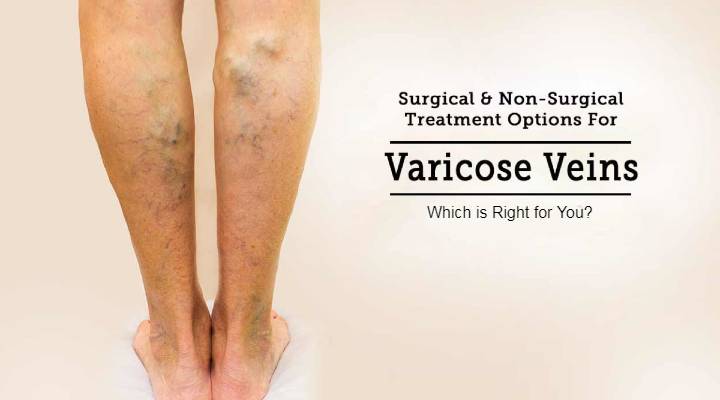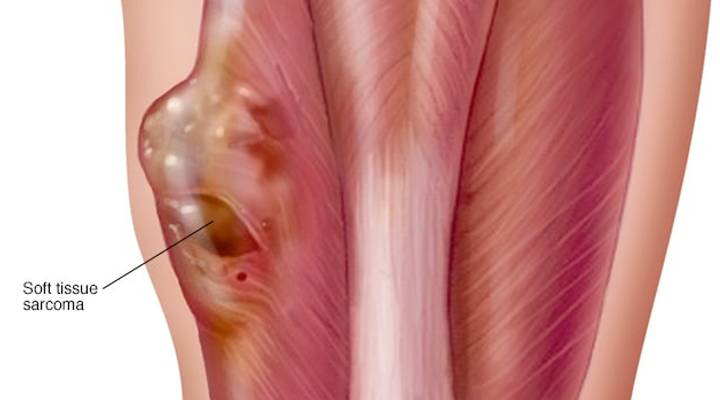Study reveals sexual dysfunction hits some women harder than others as they age

Cleveland: A new study identified the determinants that affect a woman’s risk of sexual dysfunction and sought to determine the effectiveness of hormone therapy in decreasing that risk and modifying sexual behaviour.
Study results are published online in Menopause, the journal of The North American Menopause Society (NAMS).
Sexual dysfunction often accompanies the menopause transition. Yet, not all women experience it the same
Although hot flashes easily rank as the most common symptom of menopause, the transition is often accompanied by other issues, including changes that affect a woman’s libido, sexual satisfaction, and overall sexual behaviour.
Because hormone therapy is the most-effective treatment option to help women manage menopause symptoms, it was the focus of a new study designed to determine why some women experience greater sexual dysfunction than others.
The study involving more than 200 women aged 45 to 55 years found that women with secondary and higher education and a greater number of lifetime sexual partners were less likely to experience sexual dysfunction. In contrast, women with more anxious behaviours during sexual activity and those with more severe menopause symptoms were more at risk for sexual dysfunction.
Hormone therapy was not found to mitigate the risk for sexual dysfunction, nor did it play a major role in determining sexual behaviours.
However, women using hormone therapy typically had higher body-esteem during sexual activities; better sexual function in all domains, except for desire/interest; better quality of relationships; and fewer sexual complaints (other than arousal problems) than those women who do not.
Of importance to helping maintain a woman’s sexual function were positive sexual experiences, attitudes about sex, body image, and relationship intimacy.
Results are published in the article “Sexual behaviours and function during the menopausal transition–does menopausal hormone therapy play a role?”
“These results are consistent with the findings of prior studies and emphasize that factors other than the use of hormone therapy, such as higher importance of sex, positive attitudes toward sex, satisfaction with one’s partner, and fewer genitourinary symptoms associated with menopause appear to be protective and are linked to better sexual function across the menopause transition,” says Dr Stephanie Faubion, NAMS medical director.







